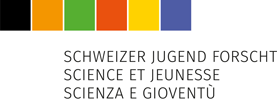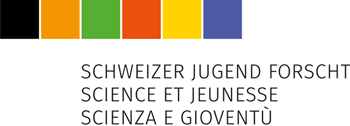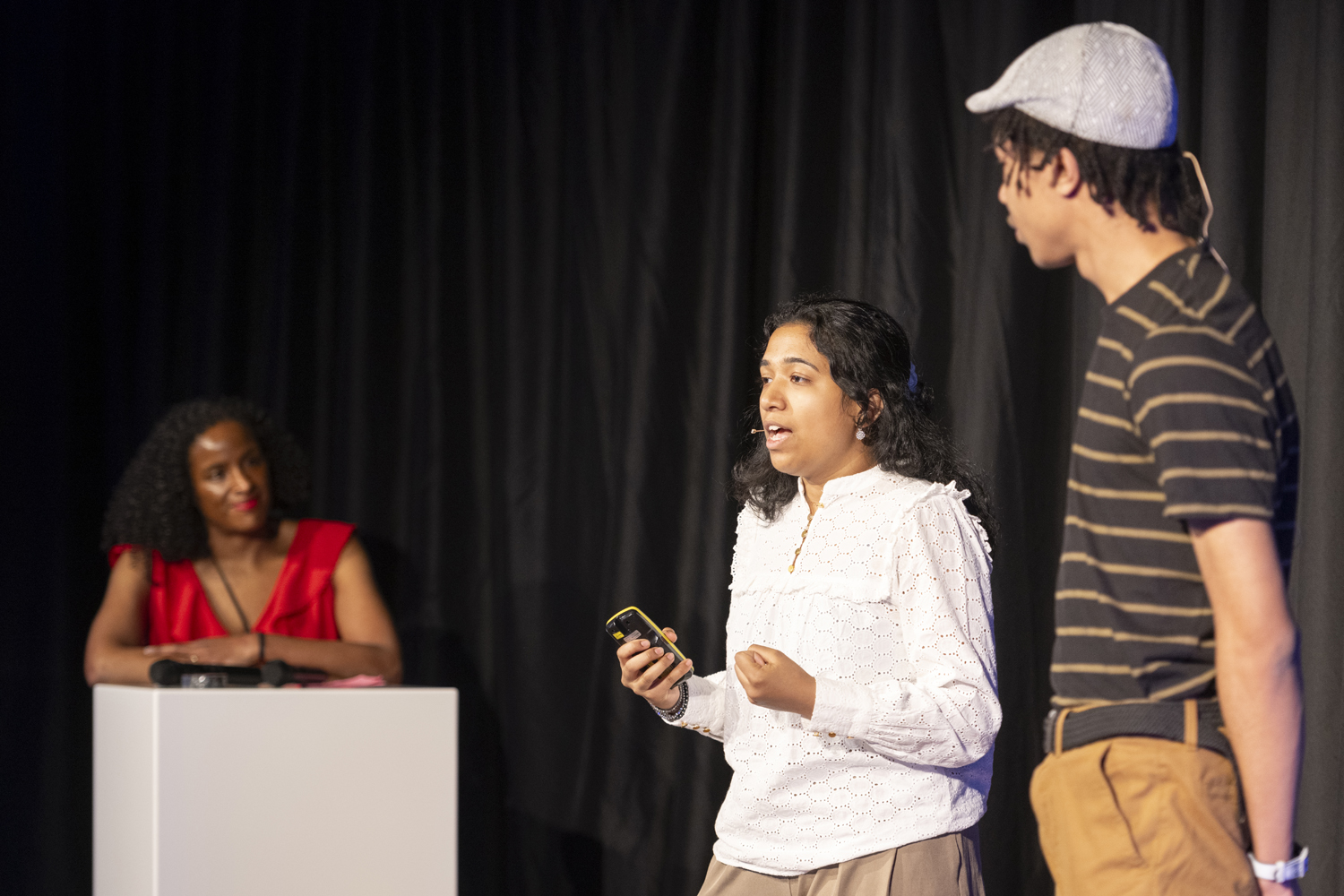From mastering the skill of walking as an infant to taking clarinet lessons after retirement, life will always be full of opportunities to learn. The ways in which we do so, of course, differ depending on the objective as well as personal preferences, but in general, the selection of possible means and available tools has grown over the past few years. Nowadays, apps with, sometimes threatening, green owls can teach us whole languages, and should we ever be stuck after the first few chords of Oasis’ Wonderwall, we don’t necessarily need to run to a teacher anymore, as the internet surely is not short of guitar tutorials in any way. One of the driving forces behind this change in educational resources is the remarkable progress of technology, which, during the most recent decades, has transformed the world to such an extent that not only the present but also a future without it is unimaginable. However, just like IT systems and applications improve version by version, also many societal constructs are now in need of an update to remain suitable for an increasingly digital world. This is exactly the core challenge of this year’s International Swiss Talent Forum, the ISTF24. For its 13th edition, titled Learning for the Future, 79 national and international young minds were tasked with finding avant-garde solutions for five different challenges, which all capture problems that emerge at the interface of societal and technological development. For this endeavour, the participants, divided into ten groups, were given no more than four days, the last of which was reserved for the closing event. Said grand finale consisted of each group presenting their project in front of a mixed crowd of renowned experts, friends and family of the organiser, Swiss Youth in Science, and sometimes even the participants’ own loved ones, making this specific Saturday unforgettable for contributors and guests alike. Unfortunately, the words to describe the ISTF experience in its full glory have yet to be invented, but for those who could not join us for this year’s event or are already in the mood for a nostalgic recap thereof, the following insight into two of the remarkable projects the 2024 forum fostered could be read as at least a humble attempt at such an account.
To Learn or Not to Learn: The Challenges of ISTF24
Full of energy and only slightly annoyed by the 101st “To be or not to be” joke, playing on their group name and Hamlet’s famous quote, group 2B took the stage as the second collective working on the challenge of Rethinking Online Career Orientation. Unlike Shakespeare’s tragic hero, 2B’s aim was not to contemplate human existence but much more to facilitate career decisions, specifically targeting teens and young adults with their project. As they explained in their presentation, the most commonly used tool in this context, the career questionnaires, are usually too complicated, incomplete, and not personalised enough, which they would change with a website called PathFinder. In a world in which PathFinder would actually exist, those uncertain about their future career possibilities could visit the website, where an AI chat bot would first gauge their personality type, qualifications, skills, and interest by involving them in a casual exchange. Equipped with this knowledge about the user, the AI would then recommend potentially suitable career options, each accompanied by a trailer offering some insight into the daily life of someone in this position. However, the members of group 2B were also aware of how sensible such data can be and, furthermore, how the underlying systems of such AI tools can be prone to bias, which is why the group would certainly employ a variety of control mechanisms to ensure full ethical integrity. Whether PathFinder could have saved Hamlet from his own tragic flaws is questionable, but it certainly could prevent the fall of many a career in the future, which is definitely the more relevant fact for the ISTF24.
In contrast, group 4A was not necessarily concerned about whether or not switching careers would have lifted Hamlet’s spirits but rather about where the students forced to read this 17th-century bestseller would get their copy thereof from. Especially educational sources are often behind paywalls and thus remain inaccessible for students and teaching staff worldwide, disproportionally impacting those from less-developed countries not only due to social factors but also due to the lack of an internationally harmonised copyright system, as two members of 4A recounted during their presentation. With open-access websites being hard to find at times, many of those on the hunt for information unfortunately turn to those pages best opened with the browser in privacy mode or not at all, as such websites are illegal in many countries. In order to protect the undoubtedly necessary copyright restrictions while simultaneously making open-access material available to everyone, the group came up with the idea of an online directory. Once on the site, one would enter the regular search query and additionally select the current location, upon which said directory would then provide all the legally available open-access sources on the requested topic for the defined region. A list of special features would also further enhance the overall user experience, making this the perfect solution to bridge the resource gap and thus contribute to international equality regarding education.
Calling It A Week for 2024
Lastly, the ten presentations were rounded off by the input of professionals in the field as well as leading figures of the ISTF24 to slowly but surely conclude the event, and during the subsequent, last lunch together, all those lively impressions of the past hours and days eventually started to turn into memories – a souvenir for everyone to take home. Looking back, the past week was a success, and thus, looking forward does not seem as uncertain anymore. Of course, it would be naïve to assume that all it takes is an International Swiss Talent Forum for the world to be golden, but if our future lies in the hands of people like those 79 brilliant minds, all fear of ending tragically like Hamlet would be unjustified. Back in Nottwil, very much in the present, the chatter had died down, and soon, the only traces left of this year’s ISTF were a few furry locks of our beloved mascot, the no-drama-lama. Now, should this not ring a bell, you could learn more about our companion in the previous blog post or, taking this year’s topic to heart, in the future, during a nostalgic chat at the next forum in 2025.








